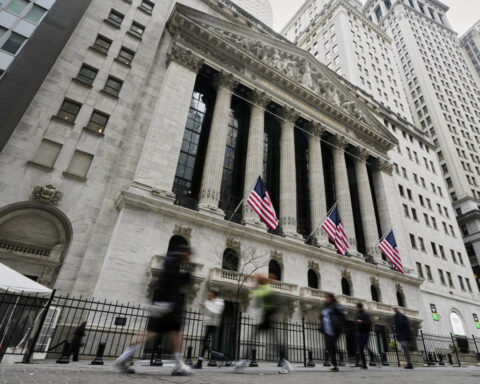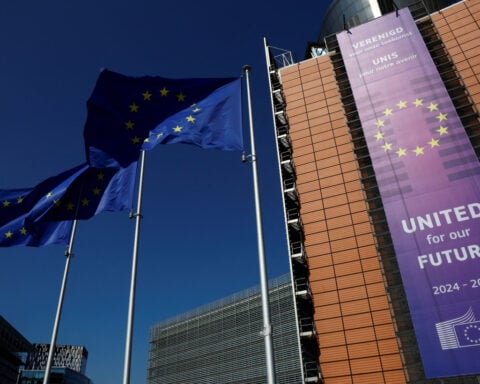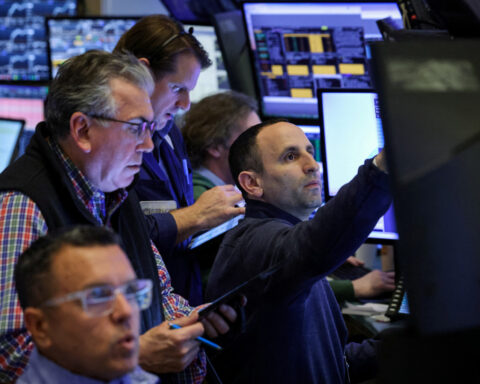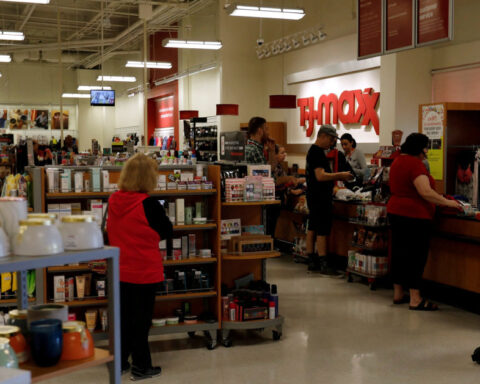Concerns about industrial influence on official dietary guidelines aimed at preserving public health were heightened this week by a watchdog study. Nearly half of the present members of the guideline committee guiding major food policy have substantial business conflicts, according to the report. It expands on previous claims that the apparent impartial scientific advice supporting critical food changes in the United States is, in fact, heavily influenced by deep-seated personal connections.
The revelations stoke fears that faith in a broken system further erodes absent addressing why government nutrition policy repeatedly skews towards big food interests over wellbeing.
Specifically the nonprofit U.S. Right to Know combed records unearthing financial links between current dietary experts and entities like trade groups, processed food manufacturers and pharmaceutical brands. Out of twenty drafters revising national recommendations over the next five years, nine showed recent ties to related industries through grants, stocks, patents or advisory roles. The extensive conflicts revived discussion on excess corporate encroachment complicating accurate healthcare guidance designed assisting public welfare.
Previously regulators relied upon self-disclosed advisory committee disclosures theoretically minimizing undue interference. But faith in impartiality despite steep relationship overlaps grows increasingly tenuous for skeptics. They argue that they argue that extensive for-profit connections dull sensitivity towards reform proposals counteracting negative commercial impacts. Hence calls heighten for safeguarding dietary guidance from de facto capture by monied food interests benefitting from lax nutritional advice.
At its heart the debate centers not on assumed deliberate corruption but normalized unconscious preference seepage from sponsors footing research bills. When career success and solvency depend on appeasing funders, independence suffers regardless of self-perceived integrity. This holds especially true in nutrition spheres where government backs core funding for open inquiry. Influencers then fill voids through targeted financing and access buying that indirectly guides framing before the first study.
The resulting system bakes in sympathies through mutually beneficial relationships between academics, health nonprofits and big food merchants. Osmosis between ostensibly opposing health spheres undermines objectivity while acclimating drafters to institutional positions. Eventually equivocating stances start looking entirely reasonable despite clashing with public imperatives. But precisely such distortions dietary guardrails aim preventing from hijacking policy.
Some call for pragmatism allowing necessary industry collaboration enabling sufficient nutrition investigation absent bloated state resources. But displeased observers note the latest revelations follow already softened 2020 guidance widely seen caving to lobbyists over meat and sugar limits counter public opinion. They argue pattern risks cementing distrust when captured regulators appear consistently leaning industry directions on pivotal societal nutrition issues.
Those perceptions matter greatly given the guidelines’ enormous downstream footprint guiding federal food, military, education and healthcare programs. As singular nutrition policy touchstone weaving through critical areas, their scientific integrity requires staunch safeguarding from non-evidence sway. Yet recurring instances of political placation raise doubts that existing structures foster health interests over shareholders, despite by-design independence.
At immediate issue sits potential favor towards processors and additive giants in reviewing mounting ultra processed food health concerns. Many public health experts believe current science arguments for constraints on rampant formulation, sugar and chemical extremes swamping modern diets. They watch for skeptical framing of unambiguous public signals in a sphere where already outsized commercial influence repeatedly prevailed through attritional power and relationship proximity.
By working together in a balanced manner, organizations may contribute thoughtfully to a common reality without overwhelming the conversation. However, trust wanes when the subsequent recommendations appear to be characterized by agency capture instead of responsibility to the taxpayers who are paying for the procedure. In the end, genuine autonomy necessitates the bravery to challenge traditional institutional thought, which all too frequently becomes stuck in the past due to outdated business dogmas.

 Trump has begun another trade war. Here's a timeline of how we got here
Trump has begun another trade war. Here's a timeline of how we got here
 Canada's leader laments lost friendship with US in town that sheltered stranded Americans after 9/11
Canada's leader laments lost friendship with US in town that sheltered stranded Americans after 9/11
 Chinese EV giant BYD's fourth-quarter profit leaps 73%
Chinese EV giant BYD's fourth-quarter profit leaps 73%
 You're an American in another land? Prepare to talk about the why and how of Trump 2.0
You're an American in another land? Prepare to talk about the why and how of Trump 2.0
 Chalk talk: Star power, top teams and No. 5 seeds headline the women's March Madness Sweet 16
Chalk talk: Star power, top teams and No. 5 seeds headline the women's March Madness Sweet 16
 Purdue returns to Sweet 16 with 76-62 win over McNeese in March Madness
Purdue returns to Sweet 16 with 76-62 win over McNeese in March Madness








